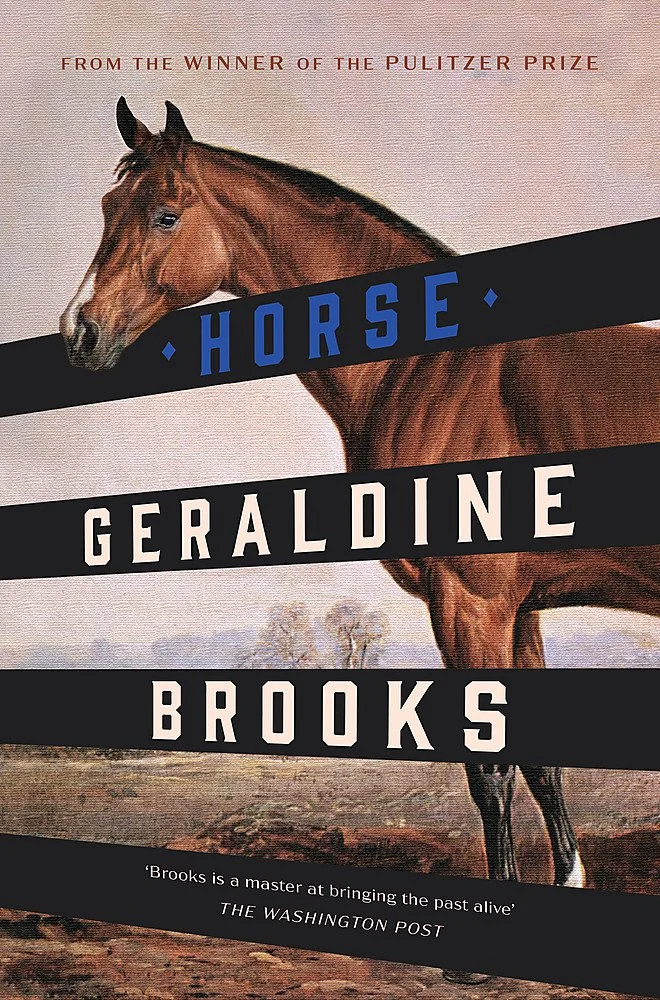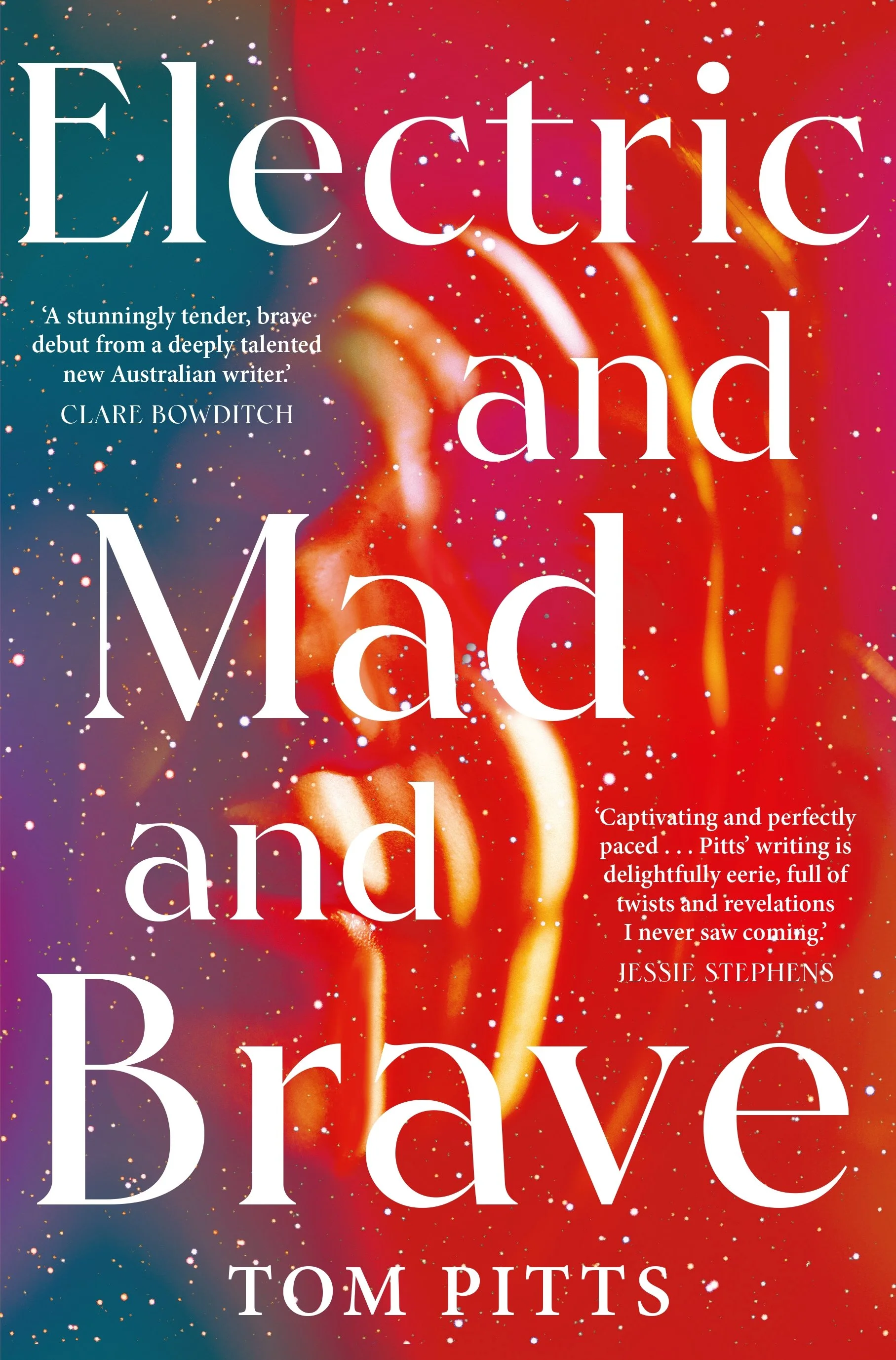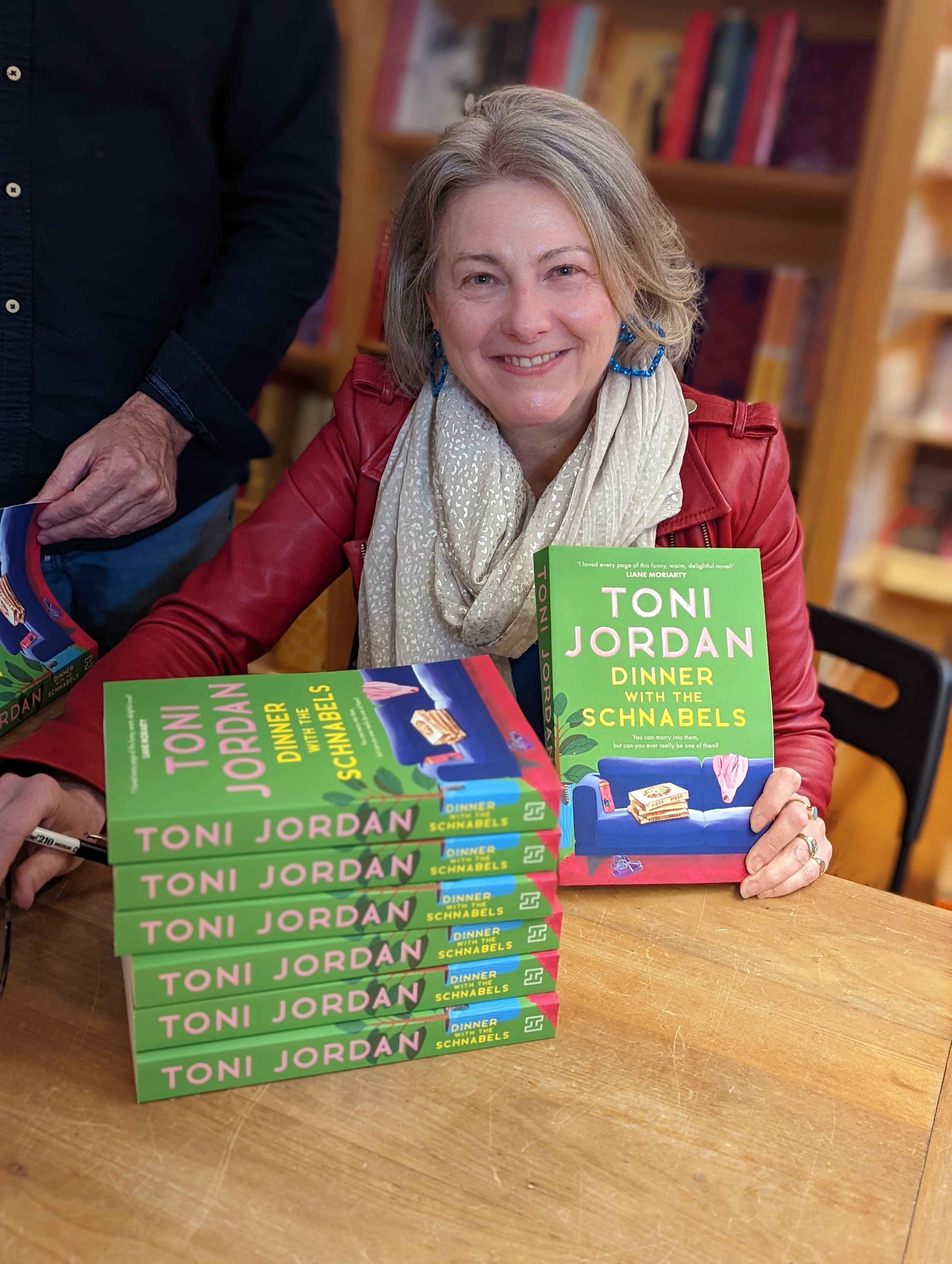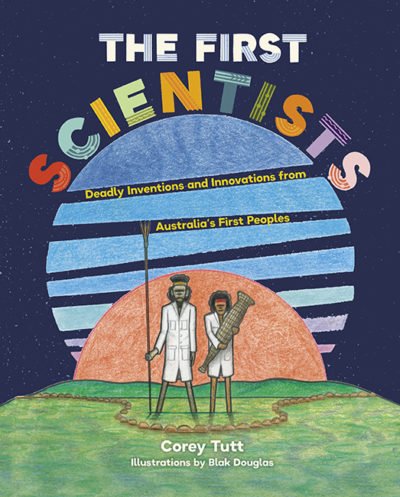by Jessie Kinivan
On a night out with friends, Lola, an embittered, embattled New Yorker runs into an ex-boyfriend. The next night she sees another, and another and another… As these meetings start to pile up, Lola begins to suspect a greater force may be at play, and when her former boss admits to using her as a test subject for a mind control experiment (a pesky habit of his) she is given the option to willingly participate in this bizarre form of past regression therapy.
From long-term loves to brief dalliances, Lola is thrown back into her romantic past to question and attempt to make sense of her habits and flaws. If she can, will it allow her to move forward and finally settle into the kind of life she has been resisting for so long?
Witty, weird and often confusing, Cult Classic dips gently into speculative fiction while maintaining immense relatability, thanks to Lola’s perceptive and authentic voice. Her snarky take on life is pure enjoyment to read and with each awkward, painful or unexpected encounter I grew fonder of this darkly comic heroine.
It asks questions about what we take from a relationship and what we leave behind. How does each person change us and we them? Maybe sometimes it’s the ill-defined, seemingly insignificant liaisons that leave the biggest mark of all.
If you enjoy smart, unconventional romances with humour and heart, Cult Classic is for you!






































































































































































